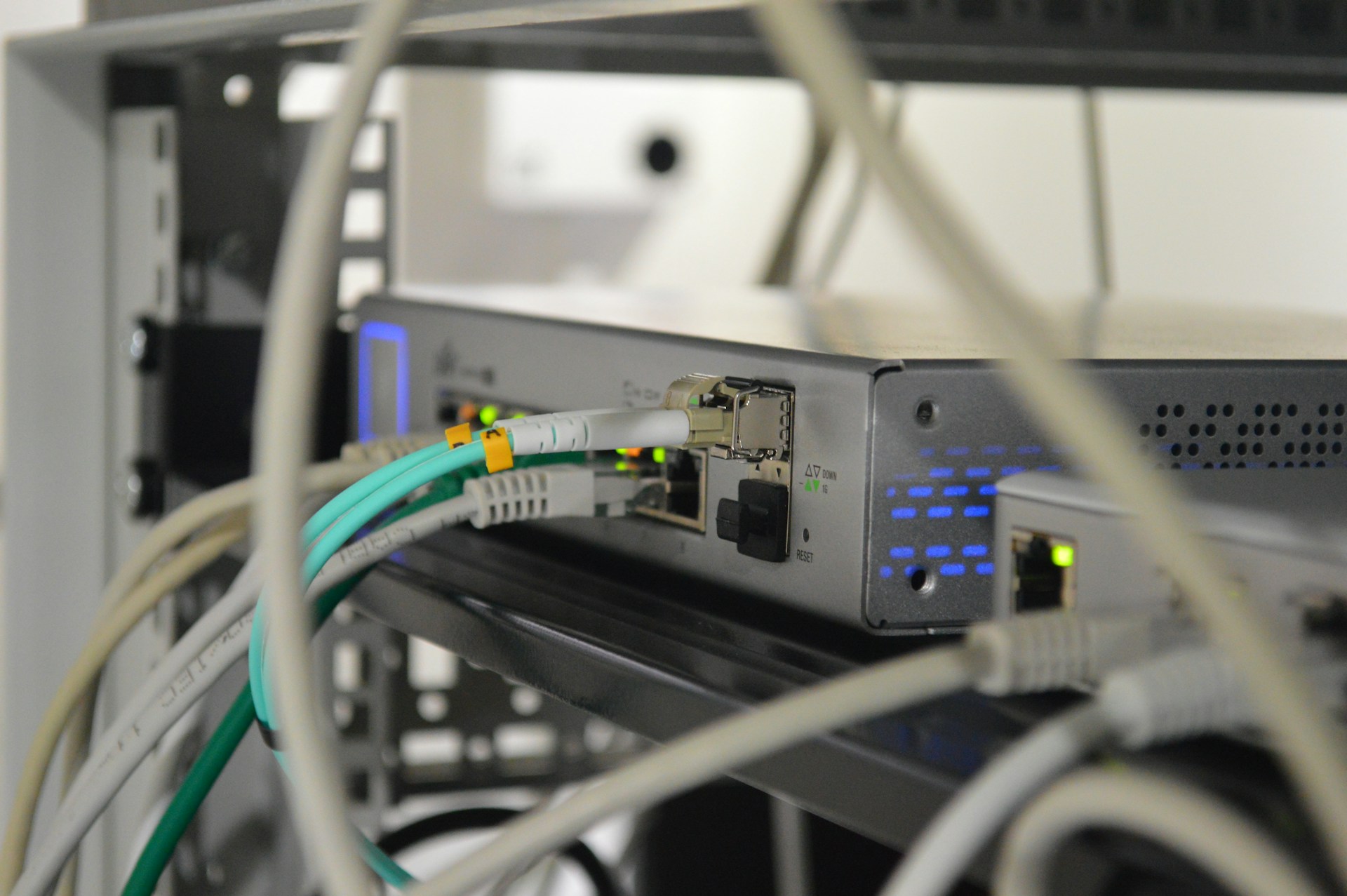
Users who are faced with the need to develop their own website for the first time are often confused about the terminology. But creating a website is impossible without choosing the right hosting or server. What is hosting and server, and why everyone confuses these concepts?
The problem is that these two designations are often used as synonyms, despite the fact that they are related to two different components of websites. In this article we will talk about the concepts of server and hosting, what is the difference what is better to choose for your site.
What is hosting?
So, what is hosting and why do you need it? Hosting is a service that provides for the placement of a working website, online store or news/topic blog on a free server space that is available to all Internet users who want to familiarize themselves with the content.
Hosting is a pre-designated part of the server that is designed to accommodate a certain number of hosts. Such hosting is called virtual hosting. At the moment it is considered the most popular form of hosting sites on the Internet. Hosting offerings can have differences among themselves taking into account the management methods of their owner, who can adjust the power and space.
Types of hosting
As we mentioned earlier, hosting can come in many different forms. The main types include:
- shared hosting;
- VPS/VDS;
- dedicated server;
- cloud hosting;
- colocation.
Regardless of the chosen type of server rental, the owner of the site significantly saves on the maintenance of equipment and gets the ability to remotely manage the Internet project.
How does hosting work?
Before launching a new website, you should always find a hosting company from which you will get the resources on the server. The hosting provider’s job is to store all your files, resources and databases on the server. Every time any of the users opens your website in their browser, the host performs the transfer of all the necessary files to serve that request.
You will have to choose a hosting plan that will meet all your needs and purchase it.

What is a server?
We’ve dealt with hosting. What is a server and how does it work? A server is a physical device for storing your files and resources that have been published on the internet. A server is designed to provide services to various programs and devices, i.e. clients. It receives and processes requests, providing all the necessary information. If we talk about creating websites, the biggest role is played by a shared server, which is physically divided into individual hosts (some kind of areas for users to post data).
If you have planned the creation of a large-scale website, which has an online store and an active block of the company, then the host may not be enough. In such cases, you should think about buying your own server.
Types of servers
Considering the method of server utilization, three key types can be distinguished:
- dedicated server;
- virtual server;
- shared hosting or cloud server.
Let’s consider each of them in more detail.
A dedicated server is a separate machine that the client buys outright. Hardware and software customization is done with specific predefined functions in mind. Owners are available storage and processing of information, software, management and even remote restart of the server. This type of server provides the highest possible performance, and also makes the website independent and confidential.
The main difference between a virtual server and a dedicated server is the shared use. Several website owners can rent it at once. Creating a virtual space provides complete isolation of operating resources of different clients on the basis of a single physical medium. Each user is provided with a specific amount of memory, and his site has the necessary functions. The minus of this option is in the presence of other owners of the server.
Virtual hosting or cloud server is called a common virtual space, to which several users have access. Both are provided with separate functionality, but there is no fixation and complete isolation of the operating resource and memory. Because of this there is a significant disadvantage – taking into account the speed of traffic, the work of websites can be unstable, because some of them receive more power, and others – less. As a result, the site becomes less capable.
Server Functions
In its essence, each server is a hardware complex program made of hardware. It consists of processors, graphics cards, RAM and software to implement specific functions. For example, a server can function as a computing resource for development purposes, or as a site for network gateways.
Regardless of the type of server, and do not solve one type of problem – the consolidation of resources in order to solve various business problems. It falls on the service providers to provide fire safety, network, power and cooling for the correct operation of servers.

What is the difference between a server and hosting: the difference between them
Hosting and server are often confused with each other, considering the same concept, that is, the area for storing the resources of websites. In fact, the terms have completely different meanings.
Hosting and server – what is the difference? Everything is quite simple.
Hosting is the service of buying space on the server, which is provided by the hosting company that administers this server. It, in turn, can be divided into different parts for use by individual clients.
The server, on the other hand, acts as a physical device for hosting websites. It deals with the maintenance of the host.
Conclusion
People who do not have knowledge in the field of website and networking, think that host and server difference is insignificant. But if you decide to build your own website, the service will vary greatly in price depending on your choice of hosting, or a separate in-house server.
As you can understand from this article, hosting and server are significantly different. It is worth keeping this in mind in order to choose the best option for your website that will fulfill all your needs.
And if you want to protect your confidential information while using web resources, mobile anonymous proxies will help. They will change your ip address to protect your data from third parties. Also OpenVPN configuration will help with this task.









